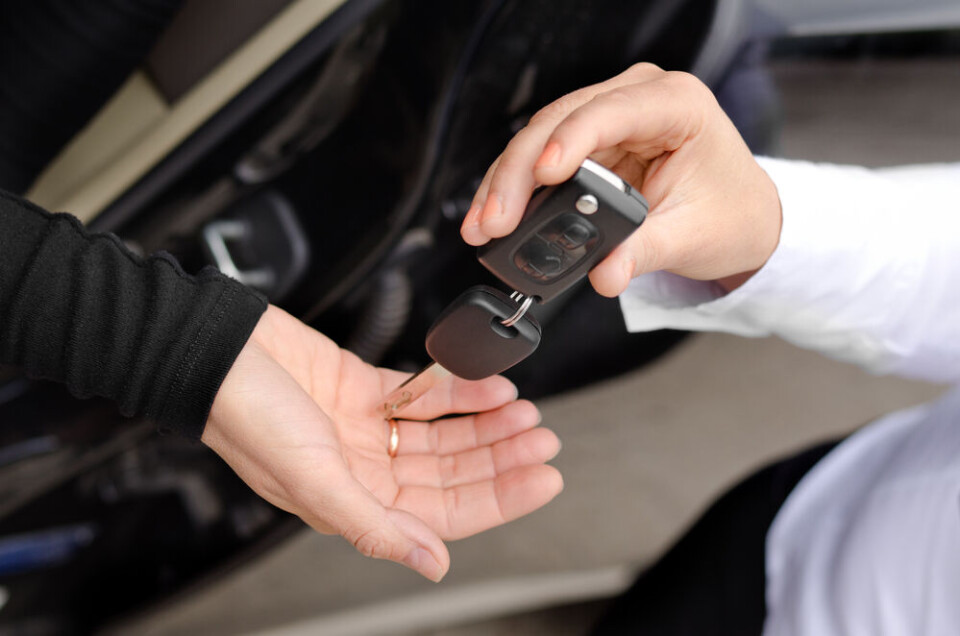-
MPs push to remove low emission driving zones in France
Critics say the zones penalise lower-income households, but the government has warned abolishing them could cost billions
-
Map: where are there free motorways in France?
Only around one-quarter of France’s main road network is free from tolls
-
Motorcycle riders in France are facing significant rises in insurance fees
We look at how age and where the vehicle is parked impact costs
Tips to avoid kilometrage fraud when buying second-hand car in France
Around one in ten second-hand cars is thought to have a false reading on their odometer

One of the possible pitfalls when buying a second-hand car in France is that the seller might not be completely honest about the car’s history.
Around one in ten second-hand cars sold in France have had their kilometrage altered, according to a 2022 study from car history company Car Vertical.
This figure rises to around 15% of cars that are between 20 and 25 years old – newer vehicles, especially those from 2018 or later, are less likely to have false odometer readings, the company said.
The Ministry of the Economy estimates that close to five million second-hand cars are sold each year, which means tremendous numbers of people are being ripped off.
There have been attempts to clamp down on these scams, however, through government search engines for second hand vehicles in particular.
Below, we look at one important tool to help prevent yourself from falling victim to kilometrage fraud when buying a second-hand car.
The HistoVec check
The government’s HistoVec scheme shows you the history of a vehicle, so you can tell if what the seller says about the car matches up to reality.
Since 2021, the HistoVec check has also provided the odometer readings from the previous roadworthiness tests of vehicles – you can use this to match up the number claimed by the seller with historical recordings from the past.
It also gives information such as all the registration dates of the car (and the number of times it has been sold), its characteristics, and dates of technical inspections.
However, it does not provide a full history of the contents of these exams.
The HistoVec tool is completely free, and you can ask the person selling the car to provide a report using it – if they refuse to do so, it is a sign they may be lying about the car’s history.
Other tips provided by the government include testing the vehicle on as many types of terrain as possible when test driving the car, and ensuring that all the documents provided about the vehicle are valid.
Their help guide, which you can find here, lists the documents you should have when buying both from a private individual, but also from a second-hand dealership.
Read also
Four common scams to watch out for in France
Are there rules for putting a ‘for sale’ sign on car on French street?
























